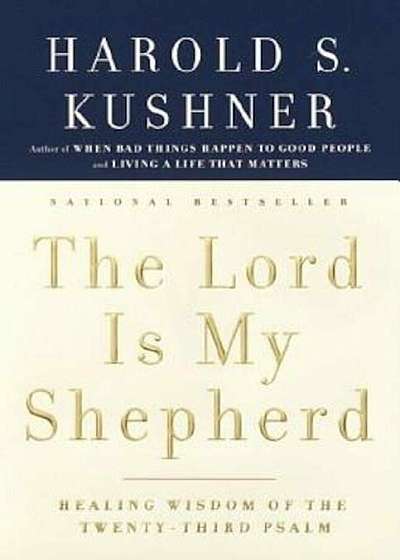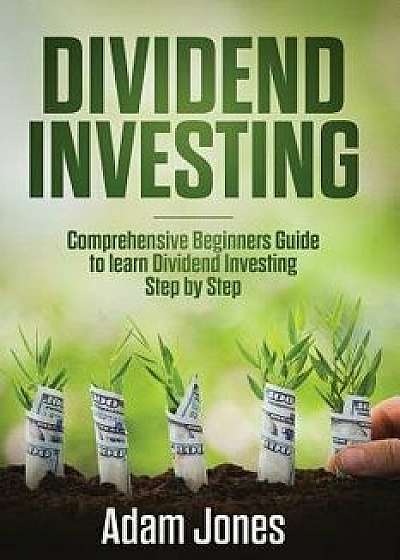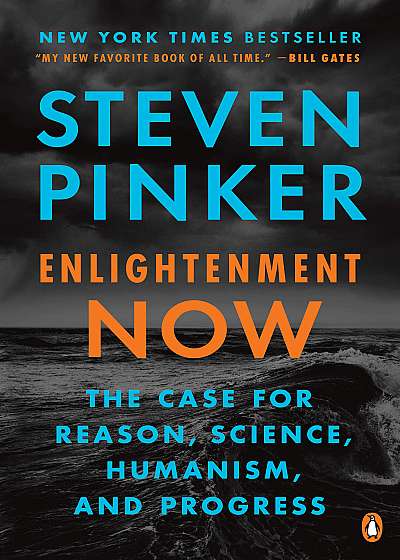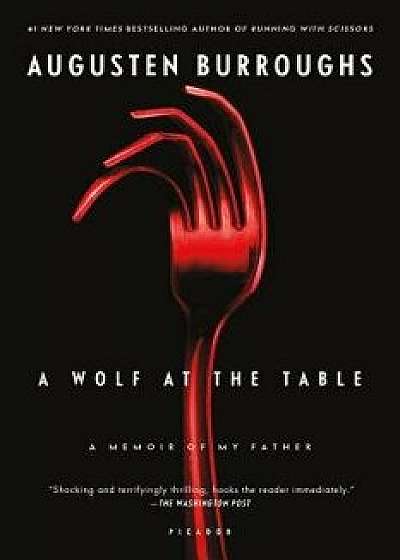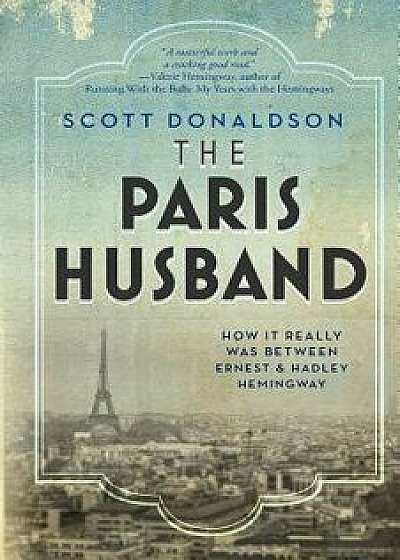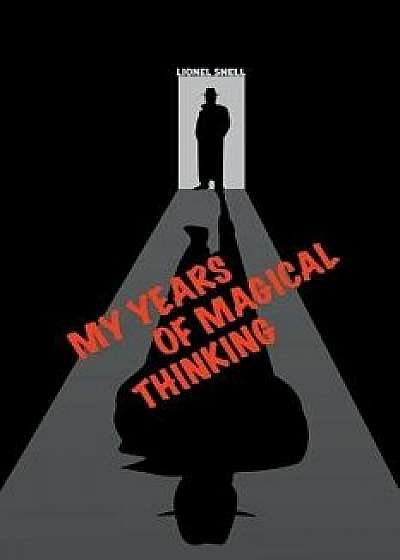
My Years of Magical Thinking, Paperback/Lionel Snell
Descriere
Contributor(s):Author: Lionel Snell Editor: Ramsey Dukes Understand magical thinking, and you will understand why the 20th century age of reason has lead us to a "post-truth" society. We are taught to deny, demonise or even glamorise magic - rather than ever admit to thinking magically. But it is every bit as fundamental to human nature as science, religion or art. Faced with the growing popularity of alternative healing, astrology and the New Age, people ask: "whatever happened to the Enlightenment?" They assume that "The Enlightenment" marked a break with a superstitious past; it was a forward leap for humanity after which any return to magical thinking would be regressive, or even impossible. It was a forward step, but it began by looking back two millennia to the Classical era, and re-discovering the foundations on which to build a culture of science and humanism that is considered to be the high point in human achievement. The classical era was itself a high point in human culture, but it only spanned five centuries. The following, Roman, era saw a resurgence of magical thinking and laid the foundations for alchemy, astrology, alternative healing, and much of today's magical ideas and practices. Pontius Pilate famously asked "what is truth?" and two thousand years later postmodernist philosophers are raising similar questions. Is the revival of magical thinking just a natural evolution of thought, to be expected after five centuries of rationalism?The author was brought up in the materialist 1950s and educated in that sceptical Enlightenment tradition to become a Cambridge mathematics graduate. Despite that, he became increasingly interested in magic and the occult and is now recognised as an authority on the subject. So how is it possible to shift from our knowledge of scientific reality to an acceptance of magic? The book describes the author's own subjective experience of how that evolved over his lifetime. Parts One and Two outline some of the important influence
